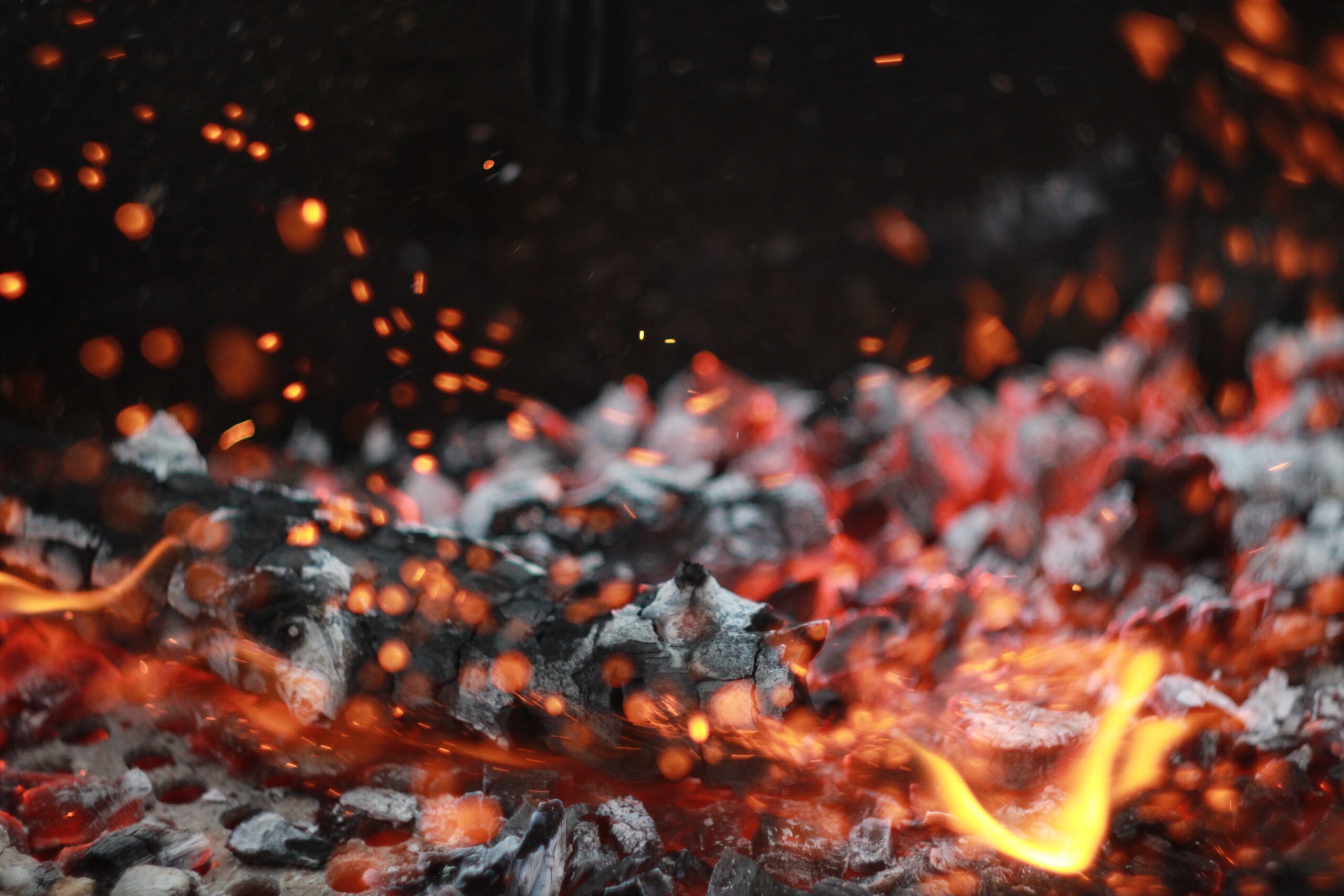
Is Cremation Biblical?
|
|
The question of cremation is often a topic of heated debate within the Christian community. In this blog, we will explore the history of cremation and what the Bible has to say about this topic.
Historical Context of Cremation
Cremation, the practice of disposing of a dead person’s body by burning it to ashes, was a common practice among Greeks and Romans, who believed in the immortality of the soul and saw no reason to give special attention to the body. Egyptians, on the other hand, mummified their dead, preserving the corpse indefinitely, while Hindus, under their doctrine of reincarnation, still practice cremation to this day.
The ancient Hebrews and early Christians, however, took a different approach. Bodies were laid to rest within a day or two of death since they weren’t embalmed or preserved. Loved ones were buried in tombs, caves, or earthen graves along with their other deceased family members. Christian gravesites were termed cemeteries, which literally translates to “sleeping places,” reflecting a belief in a future resurrection.
Why Christians Insist on Burial
The strong inclination of Christians towards burial arises from the respect and honor they accord to the human body. Created by God, every human body bears His image and deserves respectful treatment. The early Christians practiced burial as a testament to their hope of resurrection, in contrast to the Romans and others who practiced cremation. In fact, Christian influence led to the abandonment of cremation throughout the Roman Empire.
Revival of Cremation and Current Trends
Cremation saw a revival in the 19th century, primarily within free-thinking circles. Some Christians also began to favor cremation. In America, the first cremation took place in 1876, accompanied by readings from Charles Darwin and the Hindu scriptures. Over time, the frequency of cremation increased significantly. Cremation occurred to 40% of Americans since 2010. That number continues to rise. In Japan, where burial is sometimes illegal, the cremation rate is about 98%. This rise in cremation reflects various factors, including concern for land use, the expense of traditional funerals, the loss of community, and a shift towards modern and New Age spiritualities.
Biblical References to Burning the Body
In the Bible, there are instances of burning the body (Joshua 7:25; 1 Samuel 31:12; Amos 2:1). However, these were associated with God’s judgment and a curse (Leviticus 20:14, 21:9; Joshua 7:15, 7:25; 2 Kings 23:20). Hence, Scripture does not portray burning the body in a positive light. The instances of burning might have been due to the mutilation of bodies or to prevent further dishonor by enemies, like in the case of King Saul.
Views on Cremation
There are two main views within Christianity concerning cremation. One view believes that if you are cremated, it implies you will not be resurrected as the body is destroyed, drawing from Jesus’ bodily resurrection (John 20:27). Others argue that cremation and burial fall within the realm of Christian freedom. They believe that no matter how a body disintegrates, God will resurrect it from the dead. He will also recreate it in a glorified version, a belief anchored in Genesis 3:19.
Personal Recommendation
Though cremation is permissible, my recommendation is to choose burial whenever possible. This is in line with the practice of Christians throughout history and Jewish believers in God throughout the Old Testament. Financial constraints or lack of burial spots may necessitate cremation for some. However, if one does opt for cremation, the ashes should not be kept in the house but returned to the ground as stated in Genesis 3:19.
The Way Forward
Jesus’ body, post-crucifixion, was wrapped in linen cloth and placed in a tomb. His disciples didn’t carry His body with them, exemplifying the practice of giving the deceased a resting place. This is echoed in the case of Stephen, where devout men carried him to his burial and mourned him greatly (Acts 8:2).
Many people choose to keep the ashes of their loved ones with them, sometimes in jewelry, as a way of feeling closer to the departed. However, it’s essential to remember that the soul of the departed isn’t in the ashes; it has ascended, either to be with God or awaiting judgment. The ashes merely represent the physical remnants, not the spiritual essence of the person. It is more fitting, therefore, to return the ashes to the earth, from where we originated.
Read: How to Overcome Fear
Conclusion
The choice between cremation and burial is often a deeply personal one, influenced by various factors such as cultural tradition, personal beliefs, financial constraints, and practical considerations. Regardless of the method of disposal, we as Christians firmly believe in the resurrection of the body. As we consider our mortality and the afterlife, let’s keep our faith and hope anchored in God, knowing that He will raise us up on the last day.
Get Weekly Content.
Sign up below to receive weekly emails and updates.Watch the Full Video:
Subscribe
Receive updates for new blog posts
Most Popular
- ●
- ●
- ●
- ●
- ●
- ●
- ●
- ●
- ●
- ●